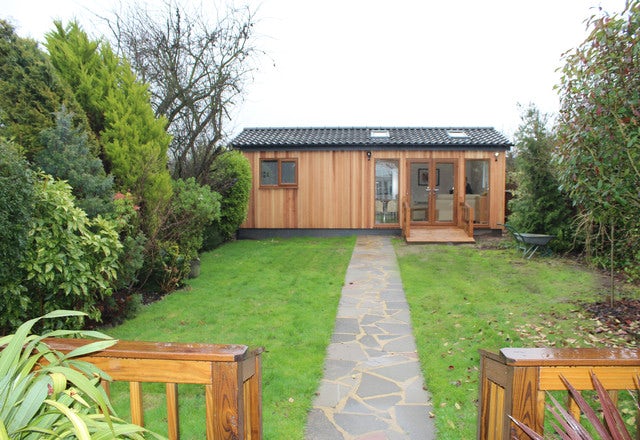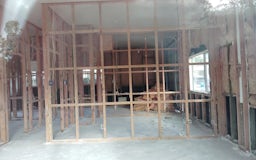New granny flat regulations, the risks and rewards of home loan portals, and NZ property investor dollars moving to Aus.
Too long; didn't read? Here're this week's TLDRs...
Market Challenges Persist Despite Easing Lending and Tax Rules
Read the article
Housing Prices Need to Drop for Affordability
Read the article
House Prices Stagnant Until Summer, RBNZ Policies Impact Market
Read the article
Housing Market Approaches Potential Tipping Point
Read the article
Winston Peters Supports More Granny Flats to Ease Housing Shortage
Read the article
Home Loan Portals: Convenience vs. Security Risks
Read the article
Unsold Property Surplus Weighs Heavily on Housing Market
Read the article
Auckland’s Housing Completions Under Threat from Slowdown
Read the article
Wellington House Listings Double Amid Market Uncertainty
Read the article
Kiwi Property Investors Shift Focus to Australian Market
Read the article
Cyclone-Hit Areas See Biggest Rent Increases
Read the article
Granny Flats Offer Income, Limited Value Increase
Read the article



